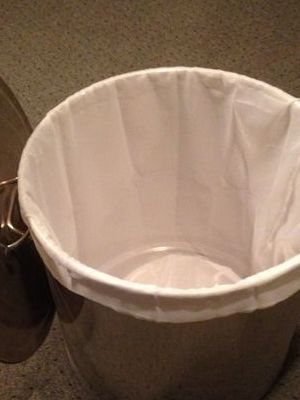Bill Tong
Well-Known Member
I am planning my first wheat beer and after reading up I am concerned about a stuck sparge. I can not find rice hulls.
I have a cooler mash tun with SS braid. The grain bill is 50-50 wheat/barley. 2kg each. My plan is to mill separately then put the barley at the bottom and wheat at the top. I batch sparge. Will this work?
I have a cooler mash tun with SS braid. The grain bill is 50-50 wheat/barley. 2kg each. My plan is to mill separately then put the barley at the bottom and wheat at the top. I batch sparge. Will this work?


